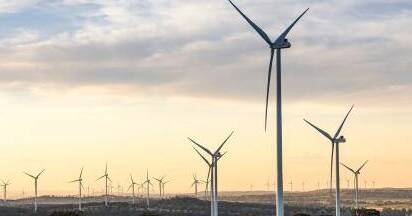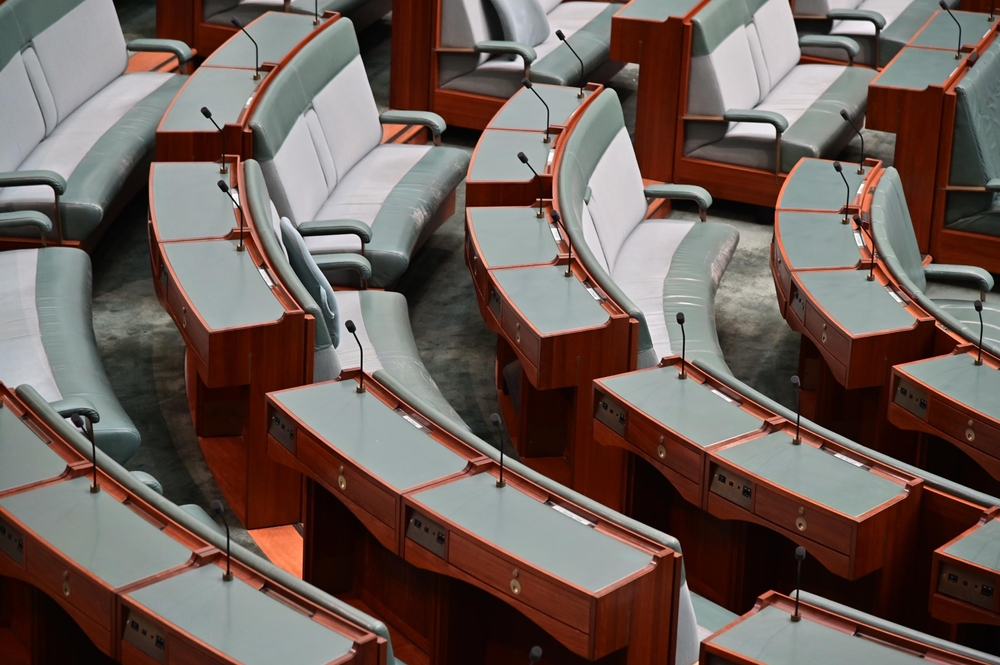
The Clean Energy Council (CEC) is urging the Australian government to exempt landholders and farmers who host large-scale transmission infrastructure from taxes on income generated from these projects. This appeal comes as the council represents approximately 1,000 stakeholders in the clean energy sector, highlighting the financial burden that tax liabilities impose on landowners participating in renewable energy initiatives.
The CEC argues that taxing payments, particularly when classified as capital gains or off-farm income and subjected to rates as high as 45 cents per dollar, significantly deters landowners from allowing transmission lines on their property. According to Chris O’Keefe, a spokesman for the CEC, the government could swiftly facilitate the expansion of renewable infrastructure by exempting this income from taxes. “The fact that farmers have to pay capital gains tax on the income that they derive from it is absolutely unnecessary,” O’Keefe stated.
This appeal follows a recent announcement that the completion date for the $3.3 billion VNI West project, essential for linking solar and wind energy infrastructure in Victoria and New South Wales to the national grid, has been postponed by two years. The delay aims to provide additional time for negotiations regarding property access issues amidst potential land acquisitions. This setback poses a challenge for the Labor government in achieving its mandated emission reduction and renewable energy generation targets.
In response to these challenges, Climate Change and Energy Minister Chris Bowen announced an expansion of the Capacity Investment Scheme, increasing it by 8 gigawatts on top of the existing 32 gigawatts. This scheme guarantees private investors minimum revenue for approved projects, which Bowen emphasized as vital for the transition of Australia’s energy grid. “Our energy grid’s transition remains urgent,” Bowen remarked, stressing the need for new generation capacity as aging coal-fired power stations become increasingly unreliable.
The Clean Energy Council has also highlighted the mixed reactions from communities regarding the regional renewable rollout. In a four-page letter to its members, the CEC urged companies to intensify efforts to secure social licenses from local populations. Payments for hosting transmission infrastructure vary across state lines; for instance, landholders in New South Wales receive $10,000 per year per kilometer for twenty years, while those in Victoria are compensated $8,000 for twenty-five years.
The VNI West project has reportedly offered a $50,000 sign-on bonus, along with an additional $46,000 per hectare payment, in an effort to incentivize landholders. As the project faces delays, O’Keefe emphasized the importance of community buy-in, stating, “It is critical infrastructure at the end of the day. Any delays in transmission projects ensure the calendar of work might not marry up as neatly as some hope.”
In a concerning development, a grassroots coalition of farmers and landholders plans to protest outside Parliament House in Melbourne. This demonstration will address recent decisions made by the Victorian Labor government, including the introduction of the National Electricity (Victoria) Amendment (VicGrid Stage 2 Reform) Bill 2025. This bill grants transmission companies the authority to enter private property without consent, imposing fines of $1,221 for obstruction, escalating to $12,210 if pursued through legal channels.
Labor’s recent policy shift confirms that any income from hosting wind and large-scale solar farms will be classified as profit, impacting capital value calculations. As the government seeks to fast-track environmental approvals and ensure alignment between state and federal authorities, the urgency of achieving Australia’s target of 82 percent renewable energy in the grid by 2030 and reaching net-zero emissions by 2050 remains paramount.
Energy Infrastructure Commissioner Tony Mahar has voiced concerns over the need for a more coordinated industry response to community engagement issues. He warned that a lack of collaboration may result in increased regulation within the sector. As the renewable energy landscape continues to evolve, the CEC and various stakeholders call for a balanced approach that considers both the urgency of infrastructure development and the rights of landholders.






